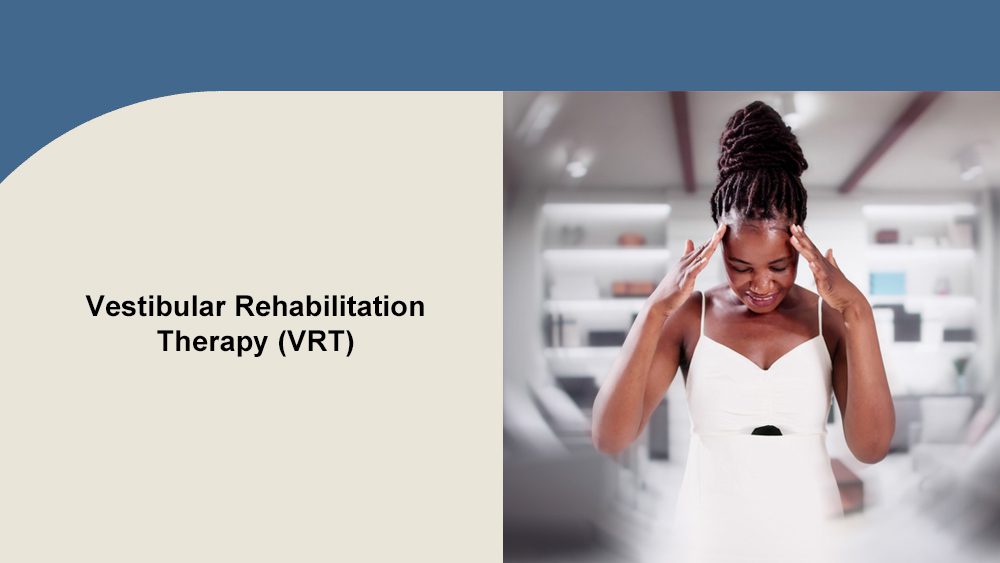October Physical Therapy Month
Balance and dizziness issues affect millions of people worldwide, significantly impacting their daily lives. These problems can stem from various causes, including inner ear disturbances, neurological conditions, and musculoskeletal issues. Understanding the complexities of balance and dizziness and the critical role physical therapy plays in their management is essential for effective treatment and improved quality of life.
Balance is a complex function that involves the coordinated efforts of the vestibular system (inner ear), visual system (eyes), and proprioceptive system (sensory feedback from muscles and joints). When any of these systems are compromised, it can lead to dizziness, vertigo, and balance disorders. Symptoms often include lightheadedness, a spinning sensation (vertigo), unsteadiness, and difficulty walking. These issues can arise from benign paroxysmal positional vertigo (BPPV), vestibular neuritis, Meniere’s disease, and other conditions.
Physical therapy is a cornerstone in the treatment of balance and dizziness disorders. Physical therapists are specially trained to assess and address the underlying causes of these issues. Through a comprehensive evaluation, they can identify deficits in the vestibular, visual, or proprioceptive systems and tailor a personalized treatment plan to address these deficits.
One of the primary methods used in physical therapy for balance and dizziness disorders is vestibular rehabilitation therapy (VRT). VRT involves specific exercises designed to promote central nervous system compensation for inner ear deficits. These exercises can include gaze stabilization, habituation exercises, and balance training. For example, in the case of BPPV, physical therapists may perform repositioning maneuvers to move dislodged calcium crystals in the inner ear back to their proper position, alleviating vertigo symptoms.
In conclusion, physical therapy plays a vital role in managing balance and dizziness disorders. By addressing the root causes and employing targeted interventions, physical therapists help individuals regain stability, reduce dizziness, and improve their quality of life. For those experiencing balance and dizziness issues, seeking the expertise of a physical therapist can be a crucial step towards recovery and maintaining independence.



